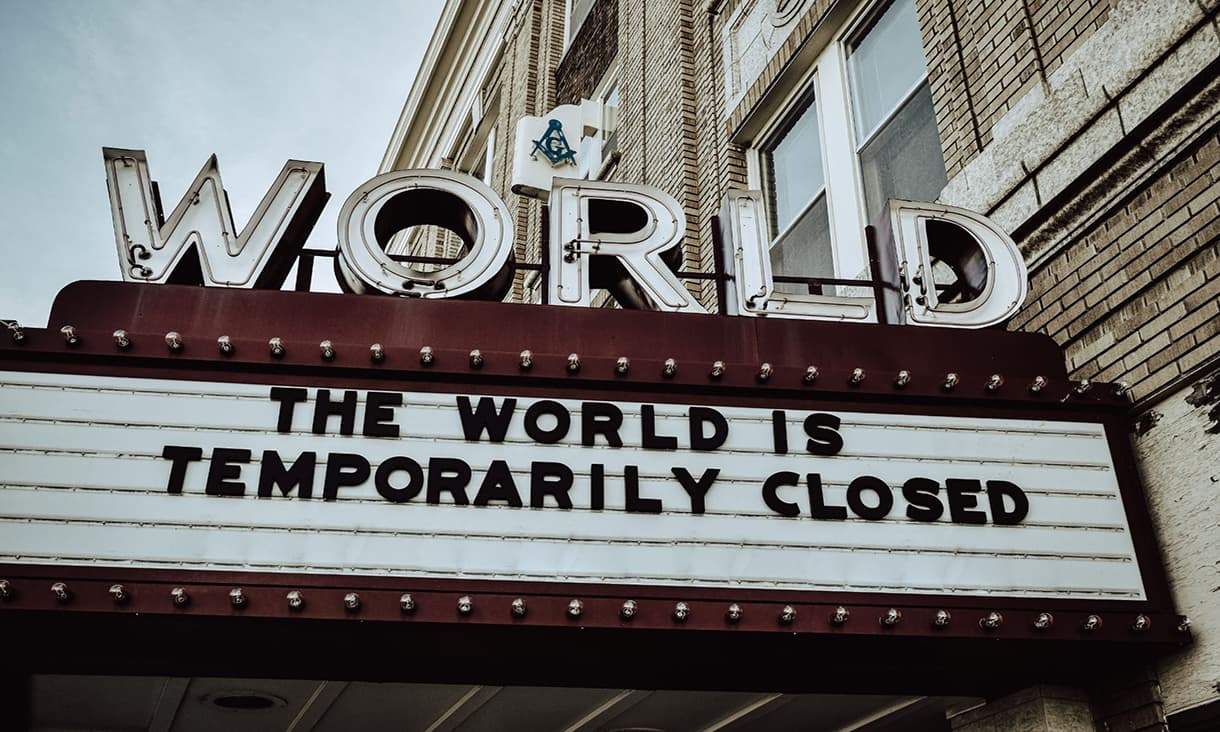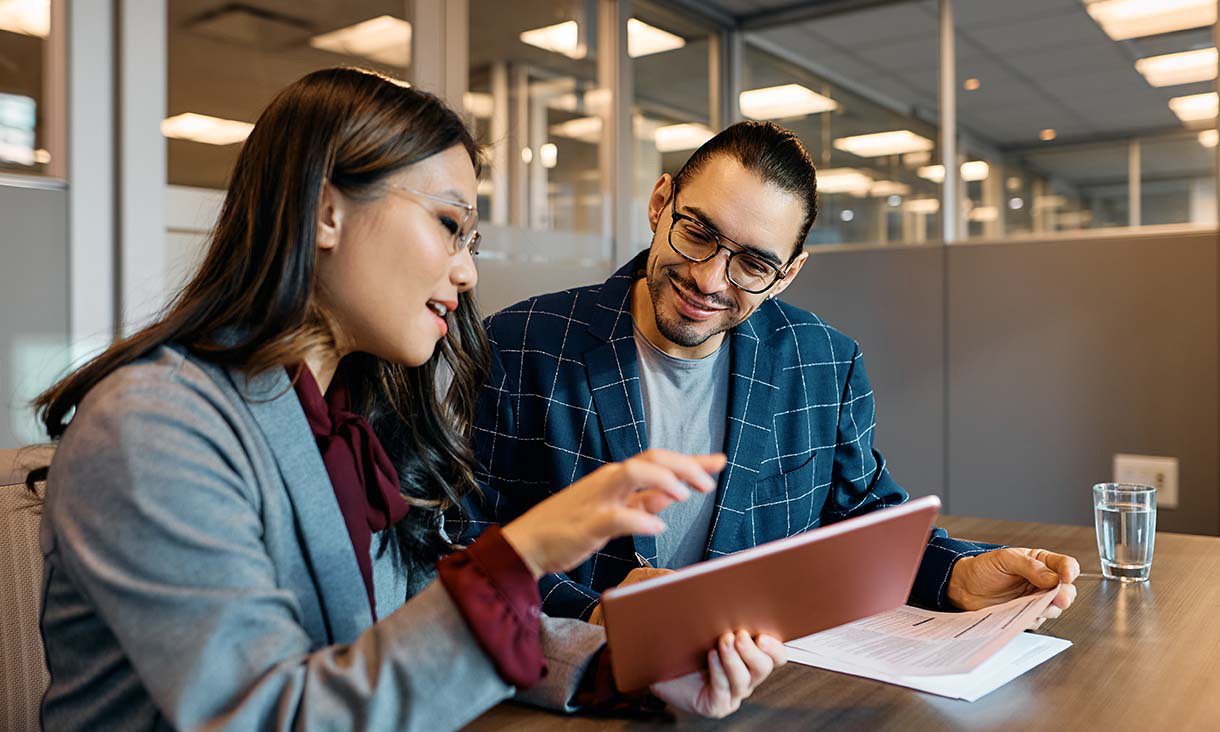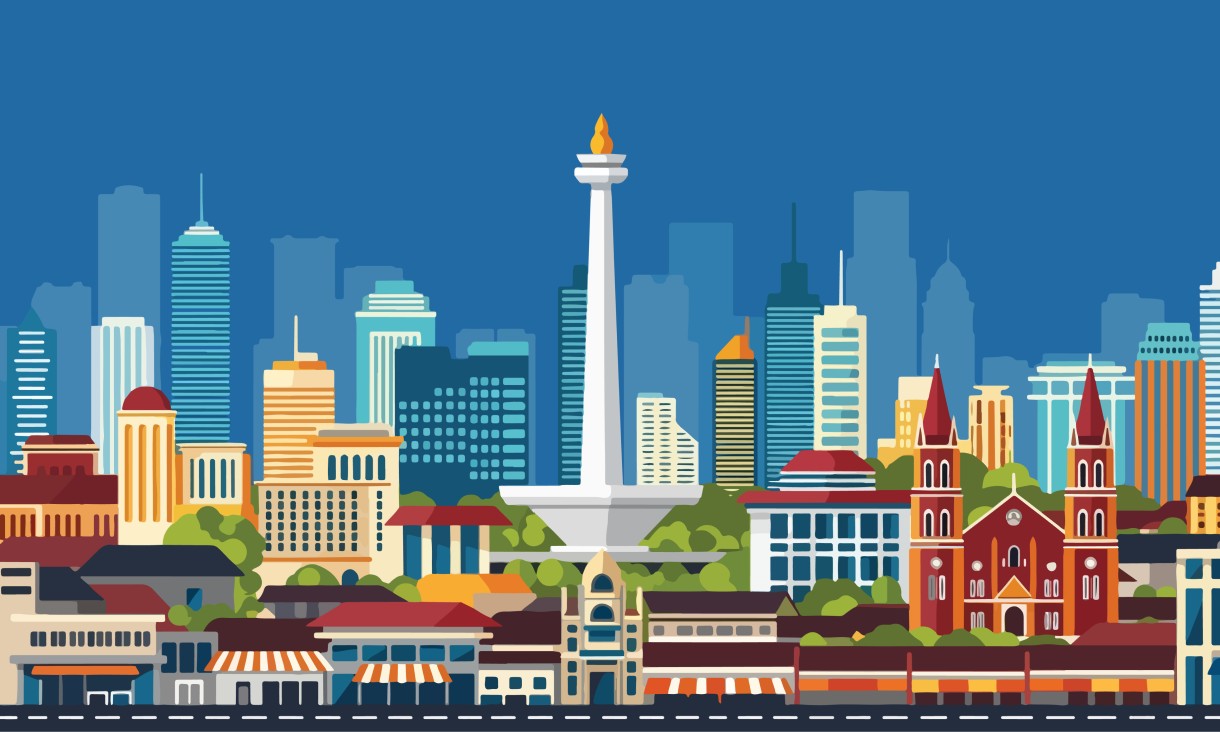
Pandemics and lockdowns: Understanding and navigating difficult transitions
The COVID-19 pandemic and consequent lockdowns are forcing us all to undergo very difficult and uncertain transitions. Understanding and embracing this uncertainty as the new normal can be generative.
We undergo transitions all the time, from routine transitions like home-work-home and special transitions like graduations, weddings or becoming a parent. Usually, we choose to undergo many transitions, and therefore we know when and how the transition is expected to end. Transitions facilitate change and even though they can be uncertain, we anticipate and accept them. Often the transitions that we choose to undergo last only for a specific time and we develop some practices that enable us to deal with their uncertainty, like in-flight entertainment and the rituals of weddings.
But sometimes, we experience transitions that are unexpected, which disrupt our routines and taken-for-granted comforts, and because we did not expect or plan for them, we mostly do not know how to respond to them. The COVID-19 pandemic is an example of such unwanted and difficult transitions. The pandemic has forcefully ejected us from the many stabilities we knew and forced us into a transition where we do not know when the end will be, and how its aftermath will look.
Unlike more controlled transitions, unexpected transitions bring heightened and persistent uncertainties, as we are seeing with the unpredictable nature of COVID-19 cases and consequent lockdowns in Australia. In a recent article that I published in the Journal of Consumer Research with my co-authors Professor Julie Ozanne and Professor Jill Klein, we tried to explain how this happens and how people navigate such difficult transitions.
The pandemic has forcefully ejected us from the many stabilities we knew and forced us into a transition where we do not know when the end will be, and how its aftermath will look.
Navigating Difficult Transitions
During difficult transitions, it is normal for people to cling to possessions from the pre-transition life to guarantee a sense of security and control, and this may explain the panic buying of toilet paper and other necessities. Some may even refuse to accept their new reality, hence, the conspiracy theories and anti-lockdown protests. Despite these reactions being unsurprising, they are not entirely helpful because all transitions bring change, regardless of whether we planned for it or not, and this pandemic is no different.
In our research, our participants were equally caught in an endless transition, but they coped better because they accepted the persistent transition as their new normal and developed new practices to deal with the situation. We find that this approach also works well for people battling substance addiction and those trying to lose weight because research has shown that overcoming addiction and weight gain can become a lifelong transition that may involve relapses and many restarts.
So perhaps the best way to deal with the uncertainties of this pandemic and lockdowns is to accept it as our new state of existence and instead come up with new practices to navigate them. Zoom parties and virtual drinks with friends are now not so weird anymore. Dressing up in work clothes to work from home and having date nights at home is becoming ‘normal’ now. These ‘new’ practices have limitations, and they may take time to feel perfectly normal.
Although there are many things that seem impossible to do differently from the “old way”, if we embrace this new milieu, we will surprise ourselves with the new practices we will develop to manage it. And they will multiply our options whenever we exit this phase into that unknown new future. Necessity, after all, is the mother of invention.
Samuelson Appau - School of Economics, Finance and Marketing
Related News
Artificial intelligence at work: How intelligent systems and human resource analytics are transforming recruitment and talent development
Artificial intelligence (AI) is already reshaping how organisations attract, recruit, assess, develop and manage talent. From algorithmic CV screening to AI-driven learning platforms, intelligent systems are increasingly embedded across the work lifecycle of employees.
Indonesia’s Energy Transition: Navigating Ambition, Reality and Opportunity
Indonesia’s energy transition is entering a decisive phase. The country has moved from broad pledges toward a more detailed—if occasionally inconsistent—policy framework.
Are we living through an era of extraordinary technological progress, or a drought of genuine breakthroughs?
Public optimism about the pace of technological progress has rarely been higher. Popular discourse is saturated with claims that we are on the cusp of extraordinary transformation, whether through artificial intelligence, biotechnology, or even the merging of humans and machines.
Reforming the Corporations Act to Include Human Rights Due Diligence: A Legal Proposal
Australia may be on the cusp of a significant shift in how corporate law addresses non-financial risk and promotes Environmental, Social and Governance (ESG) performance.


Acknowledgement of Country
RMIT University acknowledges the people of the Woi wurrung and Boon wurrung language groups of the eastern Kulin Nation on whose unceded lands we conduct the business of the University. RMIT University respectfully acknowledges their Ancestors and Elders, past and present. RMIT also acknowledges the Traditional Custodians and their Ancestors of the lands and waters across Australia where we conduct our business - Artwork 'Sentient' by Hollie Johnson, Gunaikurnai and Monero Ngarigo.
More information



